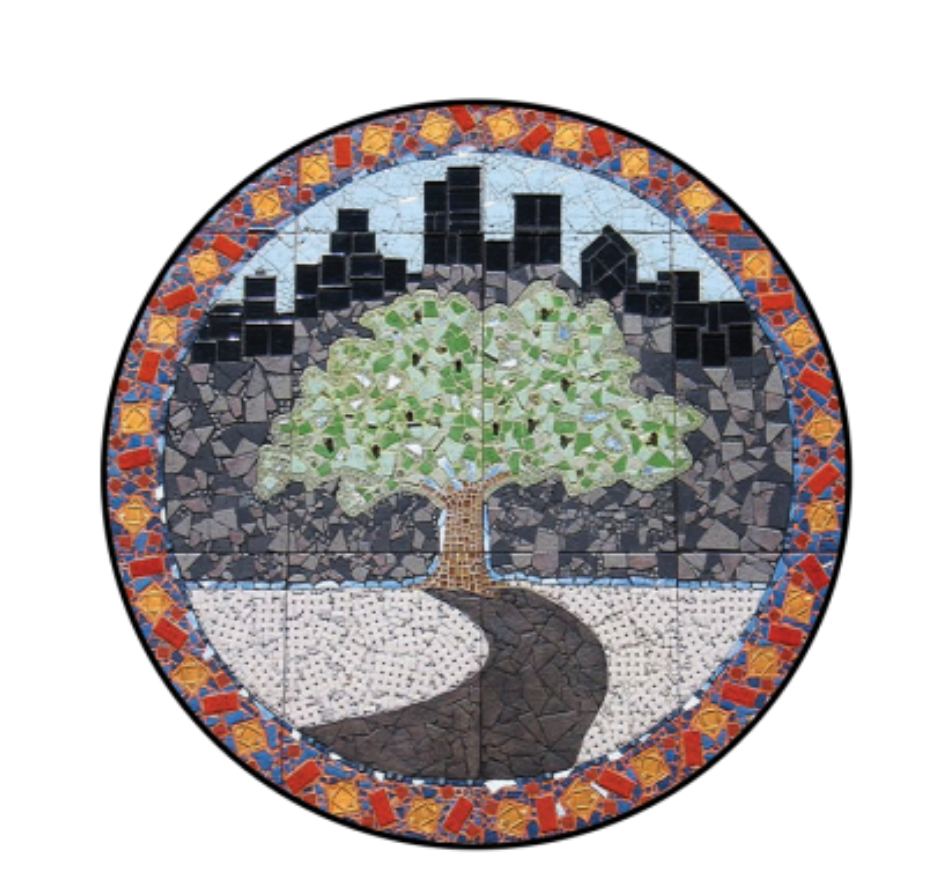Radical Inclusionista
I love IEP meetings! If you’ve been involved in the IEP process, as a parent or educator, you probably think that sounds preposterous. In fact, there is a whole cottage industry on Etsy of t-shirts and coffee mugs poking fun at the often contentious, tedious, and exhausting process of developing programs of support and specialized instruction for students with disabilities.
While they are somewhat in good fun, the tension, resentment, and frustration that underlie the slogans are evident to anyone in the know:
Sorry for what I said during IEP season
IEP: I Expect Progress
Keep Calm and Avoid Due Process
Goal: In 2 out of 3 trials I will be nice at the IEP
I’m “That Mom” #SorryNotSorry
(Full disclosure: I have pondered the purchase of two such products: (1) the gift sets of coffee cup reading IEP Prep and wine glass reading IEP Recovery and (2) a t-shirt reading Radical Inclusionista.)
But I have come to see the IEP table as a powerful place where a dedicated team of experts come together to think deeply about how to support one student. Experts in speech and language development, fine and gross motor development, teaching reading and math, building positive peer relationships, and experts about one very important child – her parents or guardians. No one is in it for the money – or the snacks. (I always plan on baking something wonderful, but never manage to fit it in to my IEP prep schedule.)
We bring ourselves as we are: overworked, underpaid (or not paid at all), sometimes emotional or overwhelmed or frustrated. We come together to share ideas and build the next part of the path. When you get beyond the jargon and MANY acronyms (PLOP = “present levels of performance,” LRE = “least restrictive environment,” ESY = “extended school year”), the team bats around ideas for accommodations and supplementary services, decides on service hours and where they should be provided and by whom. We talk about strategies – what’s been working and what hasn’t. We share anecdotes about the student in the classroom, at home, in the community to better understand how we might leverage strengths in the service of learning or track down the roots of challenges that stand in the way of progress.
When we do IEP meetings right (and in my experience, City Neighbors stands out for its commitment to doing them right), we build a powerful connected set of supports and services that can help students thrive in our school communities.
What does it take for the IEP table to a place of collaboration rather than contention? Here are few tips I’ve learned from and with my daughter’s team at City Neighbors:
Assume the best intentions of every team member.
Have confidence in your own expertise, including parents/caregivers! (You know your child best! Your most important role is helping individual team members to better understand your whole child – bring photos of your child from outside school doing the things they love, write an “all about me” document talking about your child’s strengths and challenges, what works best at home, what your child loves to do, what your child and your family envisions for the future.)
Come prepared. Read the reports. Make some notes. Ask questions.
Educators/therapists: Complete your reports on time so that parents have time to review them. (5 days before the meeting, please.)
Bring a friend– or the parent of one of your child’s classmates. (I volunteer!)
Start from the strengths. Keep the focus on how to leverage what a child does well to support learning, rather than focusing on deficits.
Think about how the language we use around the table shapes the relationships, the attitudes, and perspectives of parents, educators, and most importantly the student. By avoiding words like “non-compliant,” “lazy,” “stubborn,” we can focus on what the we can all do to better support a student who isn’t getting what she needs to be successful.
Take a breath and enjoy your next IEP meeting! I’ll bring the snacks.
Written by: Liz Zogby, Parent and Board Member, City Neighbors Charter School

